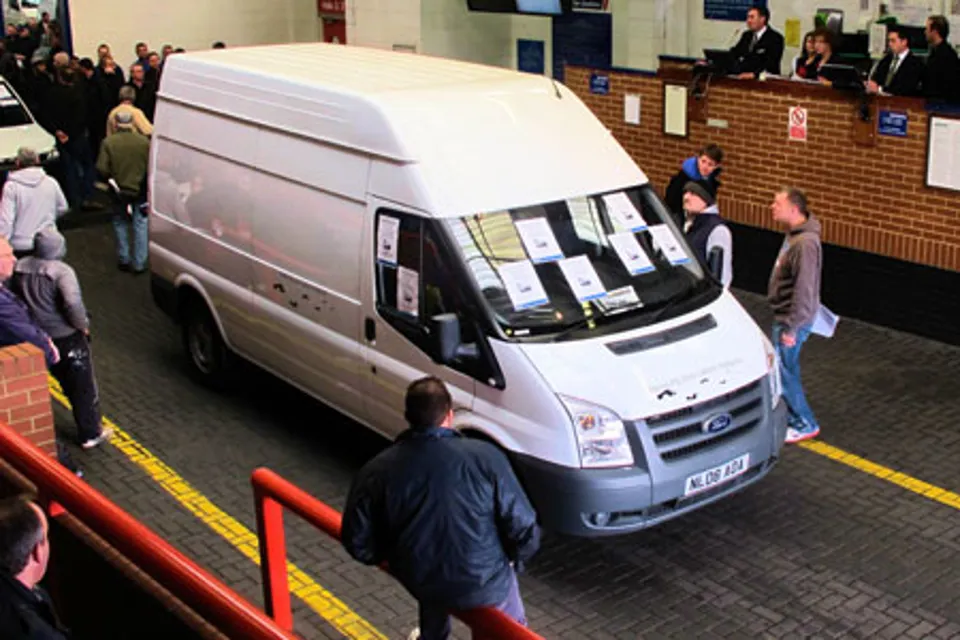Mst van fleet operators understand the importance of basing their buying decisions on wholelife costs (after first creating a short-list based on fit for purpose).
The equation is fairly simple – it’s a three-way juggling affair between how much the van costs in the first place, how much it costs to run during its working life and how much it is worth at selling time.
Simple maybe in the case of diesel-powered vans where there is lots of data available to the fleet operator who wants to know more.
But when it comes to alternatively-fuelled vans, the equation is more complex.
The fact is that there simply aren’t sufficient numbers of these vans going through auction to make any clear predictions.
When they do appear, it seems that the UK’s hard-nosed used buyers are suspicious in the extreme – and who can blame them when their livelihoods depend on being able to buy vehicles, patch them up a little and sell them again for a quick profit?
In the case of LPG, which proved popular around 10 years ago until Government incentives for using it were removed, experts at BCA said used values lagged behind those of diesel.
Duncan Ward, BCA’s general manager commercial vehicles, commented: “We see a small volume of LPG vans reaching the remarketing sector.
"A number of aftermarket conversion specialists supply the marketplace, as the majority of commercial vehicle manufacturers now focus on hybrid electric and low CO2 alternatives.
“The key issue for all alternatively-fuelled LCVs is acceptability in the small business sector that typically purchases used vans, because they will drive the demand in the used market.
The general rule of thumb is where corporate fleets go, small businesses follow, and the majority of fleets have been almost exclusively diesel for many years.
“This means LPG and petrol commercial vehicles are rarely seen in the wholesale market – just 11 petrol and five LPG were listed out of nearly 1,600 commercial vehicles consigned for sale at BCA in mid-November.
"This has a direct effect on the values achieved in the wholesale market, which shows steady values for diesel, while petrol and LPG values are lagging well behind.”
Regarding electric vans, buyers are remaining cautious too. Ward said: “There is undoubtedly a lot of interest in electric power to combat the rising cost of traditional fuels, with fleets, leasing companies and end users looking for economical and environmentally-friendly alternatives in the commercial vehicle sector.

















Login to comment
Comments
No comments have been made yet.